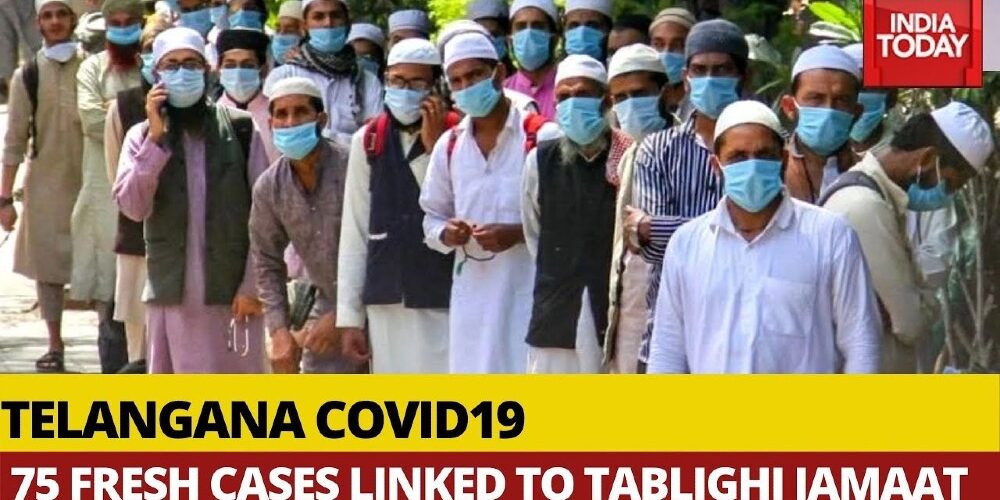Canary Trap brings you the Why, and How of the high stakes battle that India is engaged in to gain strategic depth in Afghanistan.
“A peaceful and stable Afghanistan is in India’s interest,” says a document of the Public Diplomacy Division of the Ministry of External Affairs. With the Taliban out of power, the present situation in Afghanistan is perceived by India as a perfect opportunity to reverse Pakistan’s dominance in Afghanistan. This would help India to advance and strengthen its strategic and geopolitical interests in the central Asian region.
According to some strategic analysts, this would also help India in “shifting the battleground away from Kashmir”. It can also target the terror activities emanating from Afghanistan. India’s increasing influence in Afghanistan can bring huge pressure on Pakistan as it might feel encircled on both sides. Pakistan’s repeated allegations about the involvement of Indian intelligence agencies (from its consulates in Afghanistan) in aiding and abetting the secessionist activities in its Balochistan province also provides insight into India’s interests in Afghanistan. Besides, Pakistan also thinks that India is funding reconstruction projects in Afghanistan to spread its influence in that country.
But what is India doing to increase its influence and neutralize Pakistan in Afghanistan? India is funding projects worth $1.2 billion, thus making it the fifth single largest donor to Afghanistan’s reconstruction. The projects funded or undertaken by Indians covers almost all parts of Afghanistan. The sectors where the Indian government is undertaking projects include hydro-electricity, power transmission lines, road construction, agriculture and industry, telecommunications, information and broadcasting, education and health.
According to India’s Ministry of External Affairs, some of the major projects undertaken by India in Afghanistan include:
- Construction of 220 KV Double Circuit Transmission Line from Pul-e-Khumri to Kabul and a 220/110/20 KV sub-station at Kabul under the North-East Power System project to bring power from neighbouring countries to Kabul.
- Humanitarian food assistance of 1 million tons of wheat in the form of high protein biscuits distributed to 1.4 million school kids daily under School Feeding Programme in Afghanistan administered through World Food Programme.
- Construction of 218 km road from Zaranj to Delaram to facilitate movement of goods and commodities from Afghanistan to Iranian border.
- Reconstruction and completion of Salma Dam Power Project (42 MW) in Herat province.
- Construction of Afghan Parliament.
- Reconstruction of IGICH in Kabul in various phases including reconstruction of surgical ward/polyclinic/ diagnostic centre.
- Reconstruction of Habibia School.
- Digging of 26 tube wells in North west Afghanistan.
- Gifting of vehicles (400 buses, 200 mini-buses, 105 municipality and 285 army vehicles).
- Setting up of 5 toilet-cum-public sanitation complexes in Kabul.
- Telephone exchanges in 11 provinces connecting to Kabul.
- Expansion of National TV network by providing an uplink from Kabul and downlinks in all 34 provincial capitals, contributing towards greater integration of the country.
